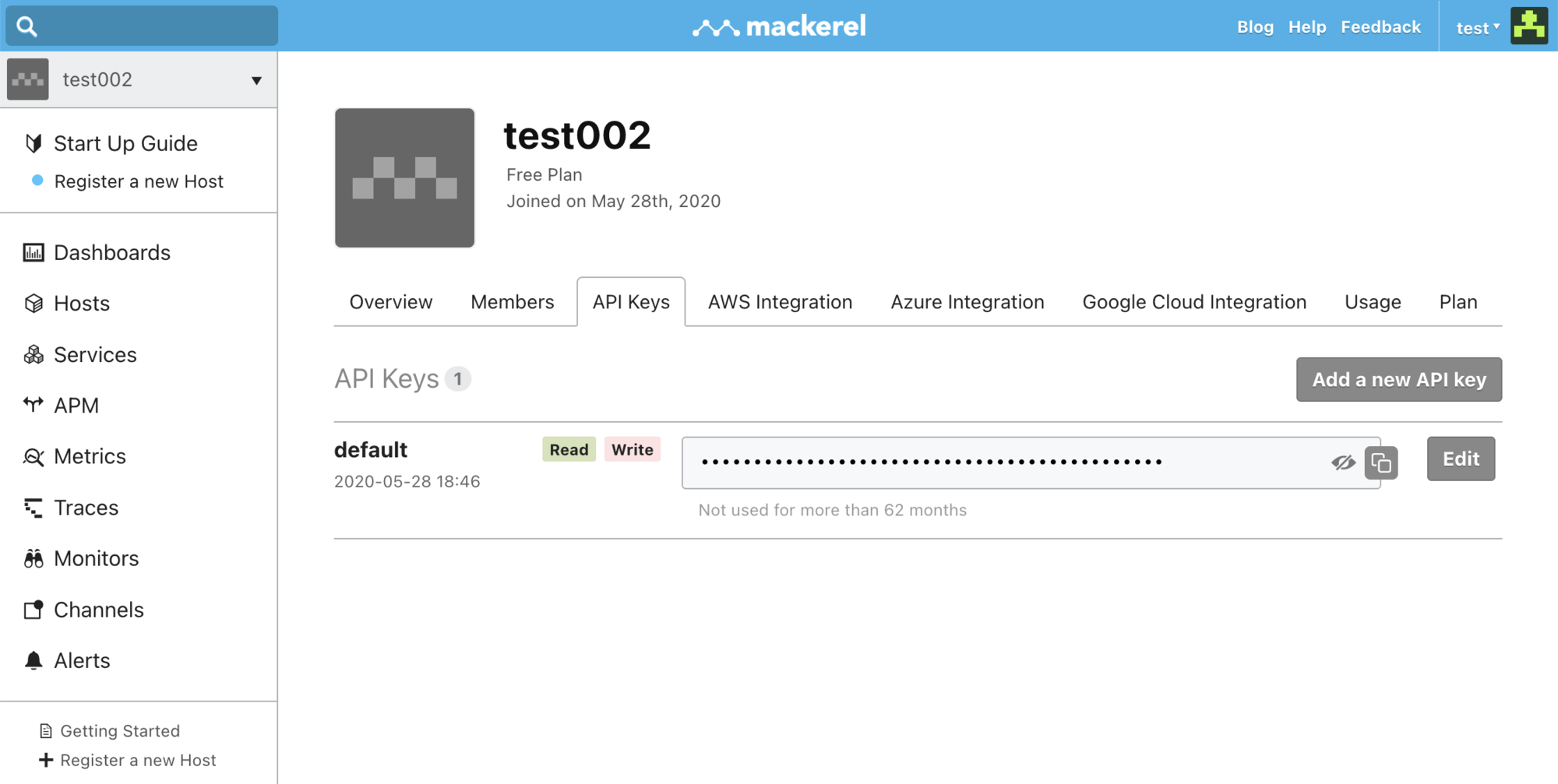Mackerel's tracing feature uses the OpenTelemetry mechanism (instrumentation) to send data.
This page explains how to send data using OpenTelemetry Collector.
What is OpenTelemetry Collector?
OpenTelemetry Collector is a vendor-independent agent for OpenTelemetry.
It can be deployed as a sidecar using Docker or installed via APK or DEB.
This page explains how to install the OpenTelemetry Collector.
For detailed implementation, refer to the official documentation.
Should you use Collector?
You can also send data directly from the SDK without using Collector.
Please refer to the following page when deciding which option to use.
Deciding whether to use Collector
How to get started
To use OpenTelemetry Collector, you need to install and configure it.
Installation
OpenTelemetry Collector is available as
- Docker
- Kubernetes
- Linux package
and more.
For example, to install using apk, use the following command:
wget https://github.com/open-telemetry/opentelemetry-collector-releases/releases/download/${VERSION}/otelcol_${VERSION}_linux_amd64.deb
sudo dpkg -i otelcol_${VERSION}_linux_amd64.deb
Commands for each platform are summarized below
Configuration
OpenTelemetry Collector can be configured using files and environment variables.
For example, if you are using systemd, you can configure /etc/otelcol/config.yaml as follows to send data to Mackerel.
receivers: otlp: protocols: grpc: http: processors: memory_limiter: check_interval: 1s limit_mib: 500 spike_limit_mib: 100 batch: # Mackerel does not accept requests larger than 6MB. # Therefore, set the maximum number of spans per request appropriately. # A span is a unit of work or operation in a trace. # You can express a portion of a database query execution or application processing as a span. # https://opentelemetry.io/docs/concepts/signals/traces/#spans # Mackerel allows up to 5 million spans per month per organization. send_batch_size: 5000 send_batch_max_size: 5000 exporters: otlphttp/mackerel: endpoint: "https://otlp-vaxila.mackerelio.com" headers: Accept: "*/*" "Mackerel-Api-Key": ${env:MACKEREL_APIKEY} extensions: health_check: service: extensions: [health_check] pipelines: traces: receivers: [otlp] processors: [batch] exporters: [otlphttp/mackerel]
In this example, the following items are set.
- exporters
- Use
otlphttpfor exporters. - Set the endpoint to Mackerel's endpoint (
https://otlp-vaxila.mackerelio.com). - Set the headers to
Mackerel-Api-KeyandAccept.- Mackerel-Api-Key: Set the API key issued by Mackerel. *1
- Accept: Always set to
*/*. (This setting is required because Mackerel uses AWS Lambda internally.)
- Use
- service
- Set the exporter you created in traces of pipelines.
With these settings, data will be sent from Collector to Mackerel.
*1: You can find the API key for sending telemetry data in the API key tab of the Mackerel dashboard. Set the API key with “Write” permission to the environment variable MACKEREL_APIKEY. It may take about a minute for changes to take effect after modifying the API key permissions.
